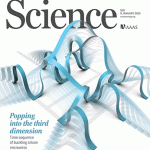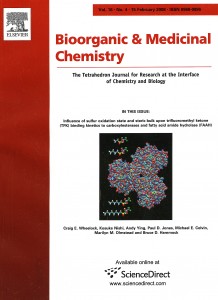 A graduate student at the University of Colorado Denver faked data in his work at a drug research lab that has notched two retractions and an expression of concern over “data integrity,” according to an extensive university investigation.
A graduate student at the University of Colorado Denver faked data in his work at a drug research lab that has notched two retractions and an expression of concern over “data integrity,” according to an extensive university investigation.
It seems like many more retractions are on the horizon for grad student Rajendra Kadam, who worked in the lab of Uday Kompella, a pharmaceutical researcher at the university.
Here’s an excerpt from the report, which you can read in full (but redacted) here: Continue reading U Colorado “golden boy” grad student faked data in drug lab, says investigation








